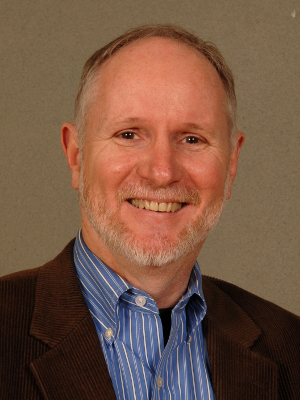

The first event was judged a success – more than 150 people attended and everyone was civil – so a second “Can We Even Talk? – A Forum on Social Discourse,” will take place this month on October 26 from 7-8:30pm at Second Presbyterian Church.
This time the subject is entitled “Healthcare: Universal Need & Economic Reality.” Two presenters with differing views on how health care coverage should be administered will lead the conversation. Dr. Len Nichols is Director of the Center for Health Policy, Research & Ethics at George Mason University and Grace Marie Turner is President of the Galen Institute – a research organization that focuses on market-driven health policy.
At first blush it appears Turner would tack more towards the conservative stance on health care – that private market forces in the health insurance industry should shape how people are covered.
Meanwhile Nichols, who worked for the Clinton Administration in the 1990’s, might be expected to support more government involvement in health care – perhaps even the universal health care proposals put forth by Hillary Clinton’s task force but shot down by Congress during her husband’s administration. Vermont Senator Bernie Sanders is now a vocal supporter of single-pay health care under the Medicare umbrella.
Second Presbyterian Church’s Senior Minister, Dr. George Anderson, is co-facilitator of the Can We Even Talk series. He says “very human issues” often become instantly politicized, making discussion difficult.
The first event in April centered on fossil fuels – their importance and impact on the environment. “We spent the first fifteen minutes talking about how we have conversations on difficult issues,” Anderson recalls. “There was a lot of disagreement and a lot of agreement, but it was very respectful.”
There was almost a “collective sigh of relief,” says Anderson when it was over that a shouting match did not happen. On many points it was evident that there was agreement: “on difficult issues … there is a lot more that concerns us together.” As for the newest topic, health care, Anderson says the presenters “represent two different perspectives.” Nichols and Turner have appeared together before at similar forums.
Anderson’s co-facilitator for Can We Even Talk? is Katherine Fralin, also the founding director of the Batten Leadership Institute at Hollins University. “The last one was a great success. We were thrilled with the turnout and the feedback we received after the forum,” says Fralin. Part of the goal was to get attendees thinking about how they disagree on issues, how they hold conversations on those topics. The same “core values” will apply to the conversation on October 26: truth, empathy, openness and respect, adds Fralin.
Like Anderson, Fralin discovered that when the fossil fuel conversation was over many audience members realized that they were closer in opinion than they thought they were, but also “the two speakers were so much closer on the issue than I expected.” The major disagreements over fossil fuel had more to do with urgency and timeline, she says.
“These forums are as much about how we talk about them, than they are about the issues themselves,” says Anderson, “we want to model for the world a better way [to] talk about the issues.” Speaking of hot-button debates, could Anderson foresee a Can We Even Talk? dealing with gun control and restricted access to firearms? “We’ve talked about gun control as a topic we need to address. We need to figure out how to do it. We want to make sure there’s a safe and secure place to do it.”
Gene Marrano


